NASA is prepping its Dragonfly mission to go look for signs of life on the enticing moon.
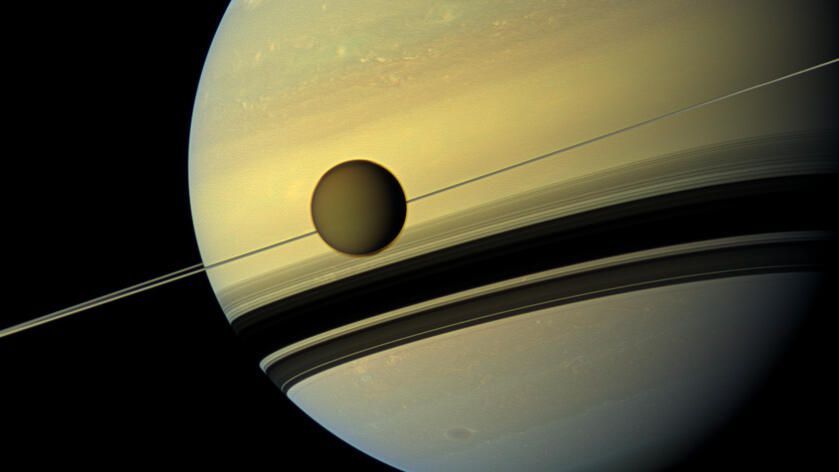

Philosophers say now is the time to mull over what qualities should grant an artificially intelligent machine moral standing.

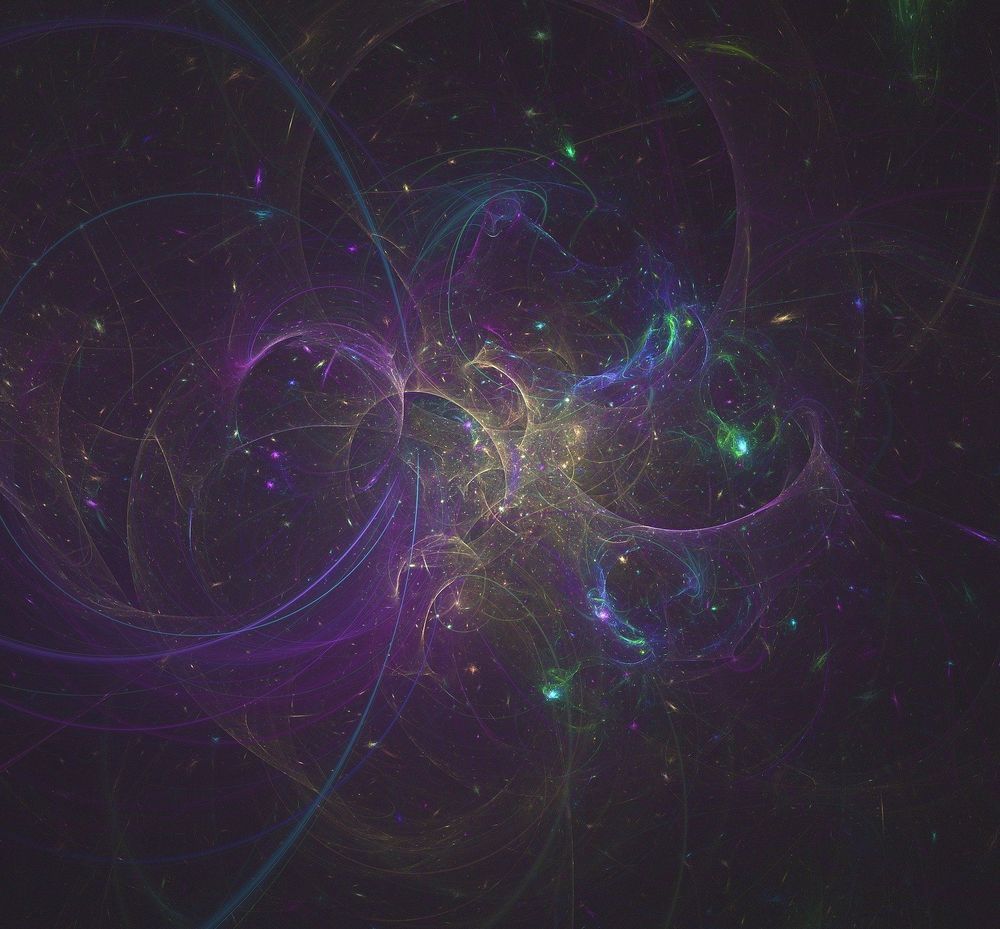
A relatively new method to control nuclear fusion that combines a massive jolt of electricity with strong magnetic fields and a powerful laser beam has achieved its own record output of neutrons—a key standard by which fusion efforts are judged—at Sandia National Laboratories’ Z pulsed power facility, the most powerful producer of X-rays on Earth.
The achievement, from a project called MagLIF, for magnetized liner inertial fusion, was reported in a paper published Oct. 9 in the journal Physical Review Letters.
“The output in neutrons in the past two years increased by more than an order of magnitude,” said Sandia physicist and lead investigator Matt Gomez. “We’re not only pleased that the improvements we implemented led to this increase in output, but that the increase was accurately predicted by theory.”
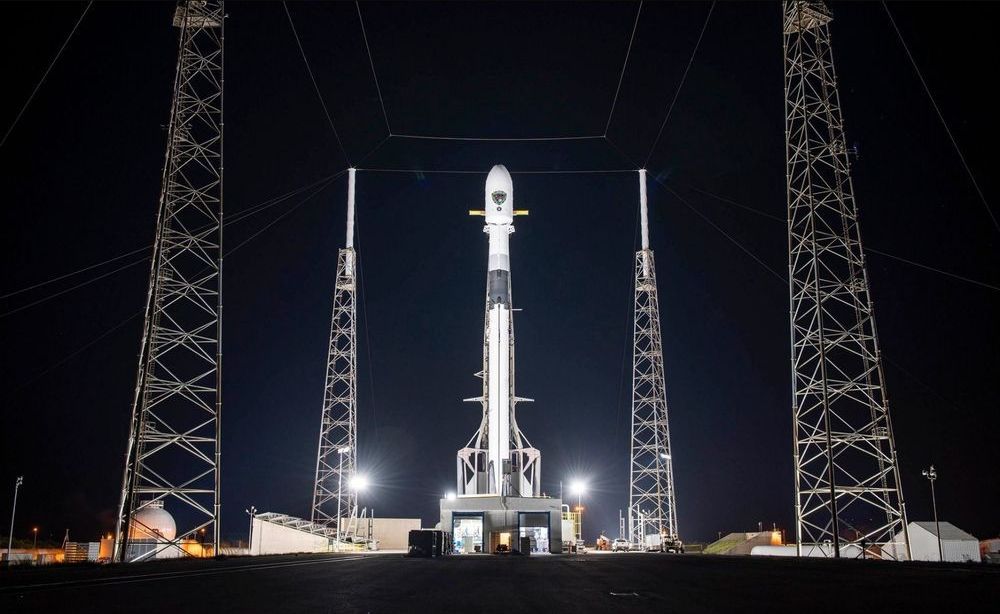
SpaceX staff and members of the media have been inundated this morning with emails ostensibly from concerned Armenians around the world, asking the company to cancel a launch contract with the Turkish government. The concerns are valid — and the mass-email method surprisingly effective.
In the form email, received by TechCrunch staff hundreds of times in duplicate and with minor variations, the senders explain that they represent or stand in solidarity with Armenians worldwide, an ethnic and national group that has suffered under the authoritarian rule and regional influence of Turkey’s President, Tayyip Erdogan.
SpaceX is slated to launch the Turkish satellite Turksat-5A in the next month or two, a geostationary communications satellite built by Airbus that will serve a large area of Europe, Asia, and the Middle East. The deal has been on the books for a long time, and SpaceX CEO and founder Elon Musk even traveled to Turkey to meet with Erdogan regarding the satellite in 2017.
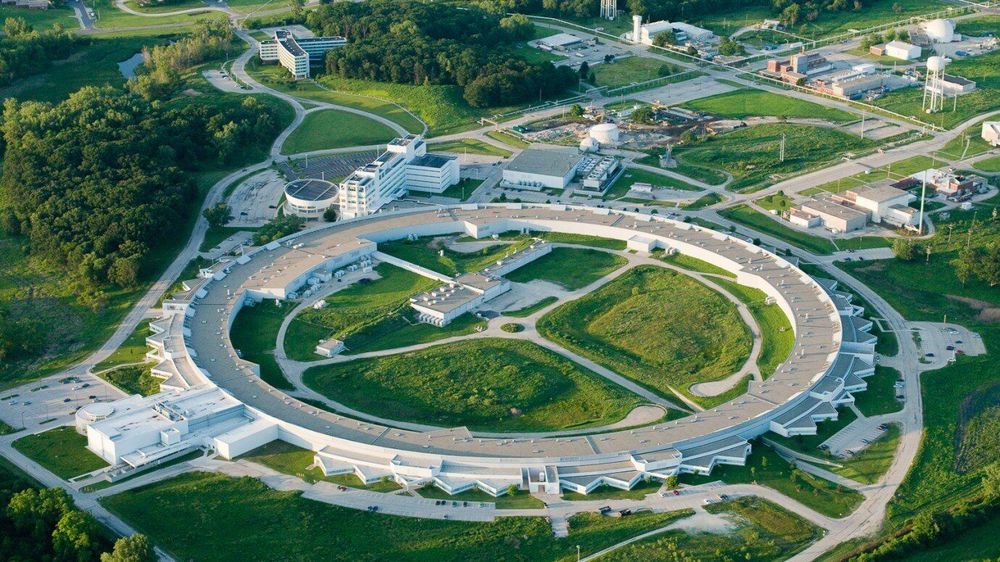
One of the most important questions in science is how life began on Earth.
One theory is that wet-dry cycling on the early Earth—whether through rainy/dry periods, or through phenomena such as geysers—encouraged molecular complexity. The hydration/rehydration cycle is thought to have created conditions that allowed membraneless compartments called complex coacervates to act as homes for chemicals to combine to create life.
Using the Advanced Photon Source at Argonne National Laboratory, scientists in the Pritzker School of Molecular Engineering (PME) at the University of Chicago studied these polymer compartments as they undergo phase changes to understand just what happens inside them during wet-dry cycle.
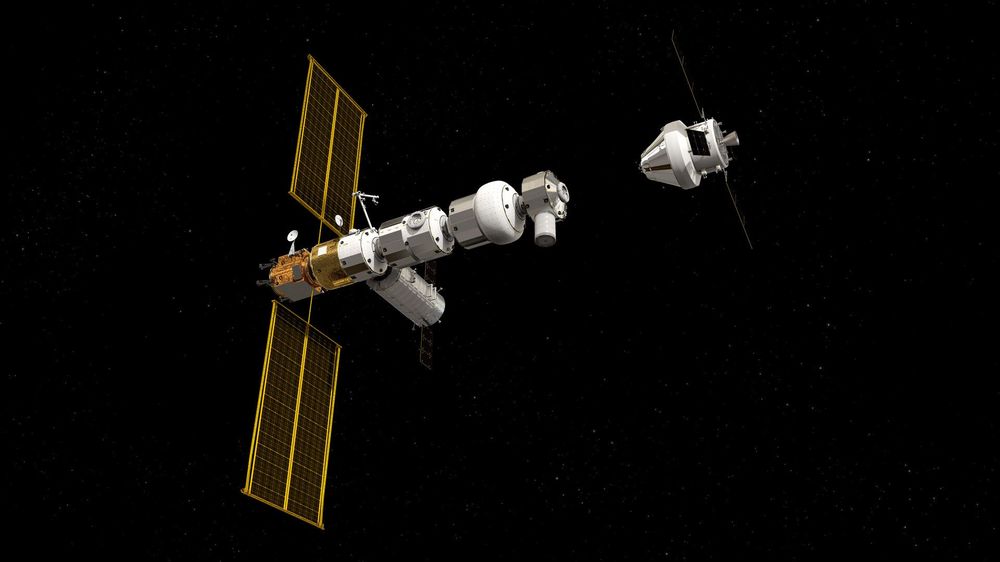
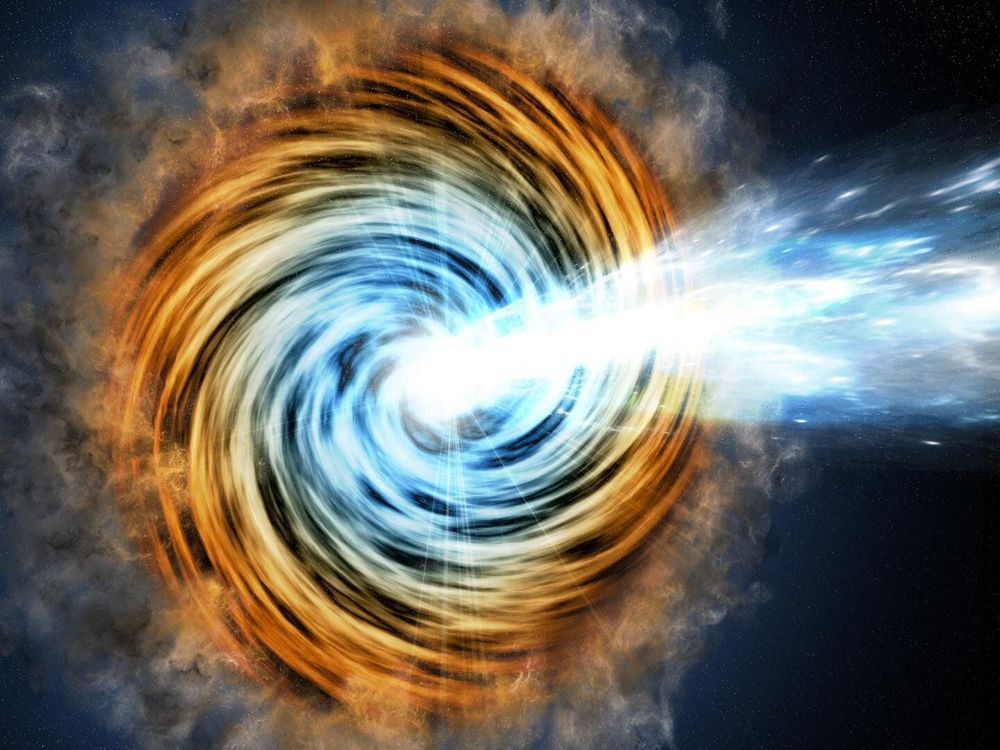
An international team of astronomers has identified one of the rarest known classes of gamma-ray emitting galaxies, called BL Lacertae, within the first 2 billion years of the age of the Universe. The team, that has used one of the largest optical telescope in the world, Gran Telescopio Canarias (GTC), located at the Observatorio del Roque de los Muchachos (Garafía, La Palma), consists of researchers from the Universidad Complutense de Madrid (UCM, Spain), DESY (Germany), University of California Riverside and Clemson University (USA). Their finding is published in The Astrophysical Journal Letters.
Only a small fraction of galaxies emits gamma rays, which are the most extreme form of light. Astronomers believe that these highly energetic photons originate from the vicinity of a supermassive black hole residing at the centers of these galaxies. When this happens, they are known as active galaxies. The black hole swallows matter from its surroundings and emits jets or, in other words, collimated streams of matter and radiation. Few of these active galaxies (less than 1%) have their jets pointing by chance toward Earth. Scientists call them blazars and are one of the most powerful sources of radiation in the universe.
Blazars come in two flavors: BL Lacertae (BL Lac) and flat-spectrum radio-quasars (FSRQs). Our current understanding about these mysterious astronomical objects is that FSRQs are relatively young active galaxies, rich in dust and gas that surround the central black hole. As time passes, the amount of matter available to feed the black hole is consumed and the FSRQ evolves to become a BL Lac object. “In other words, BL Lacs may represent the elderly and evolved phase of a blazar’s life, while FSRQs resemble an adult,” explains Vaidehi Paliya, a DESY researcher who participated in this program.

CREATING ARTIFICIAL SKIES IN UNDERGROUND HABITATS ON MARS & MERCURY. This will be an interesting subject for much deliberation in the future: how to best create artificial skies in sealed habitats. Metamaterial vantablack is a surface so perfectly dark that if you stood in a room where the ceiling, walls and floor were covered with it, you would feel like you were floating in black space. Disneyland must get off its butt and create a big room like this. Now a new paint (not quite the opposite of vantablack as it claims) has been invented, which will reflect back nearly 100% of light hitting it, an interesting way to augment existing lighting in a building by painting the ceiling with the stuff.
And here is something which I told you before: if the human eye stares at a totally uniform color, with no discernable features it doesn’t know where to focus, and psychologically can see this as a kind of “sky.” Since there is nothing to focus on, the eye assumes it is the far away sky and focusses to infinity or goes into its least-energetic focusing mode, as in looking at a blank sky.
View a large computer screen with a totally uniform color, through a tube which blocks the edge of the screen from view. You already see this effect with this small experiment.
New paint reflects nearly all light hitting it, can help cool down space probes:
A team of scientists have created a white paint that’s so white, they say, that it reflects 95.5 percent of sunlight that reaches its surface.
Essentially, it’s the exact opposite of Vantablack, the substance that makes objects appear so dark, by absorbing close to 100 percent of light that hits them, that it’s as if you’re staring into a black hole.
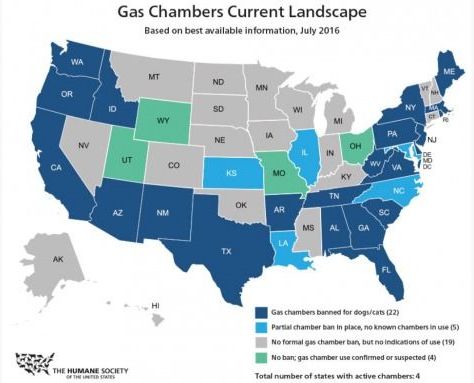
S.B. 50 — Animal Shelter AmendmenEuthanasia by Injection, sponsored by Sen. Knudson For the fourth year in a row, we will be supporting a bill to ban the use of gas chambers for animal euthanasia. Utah is one of four states where a handful of animal shelters are still using the outdated and inhumane method of gas chamber euthanasia.